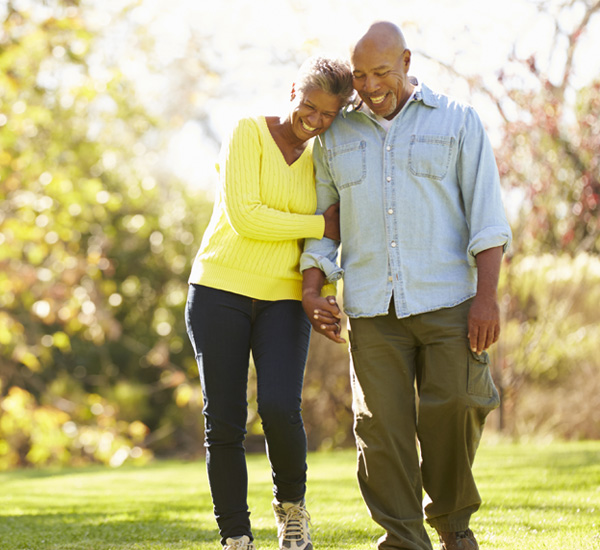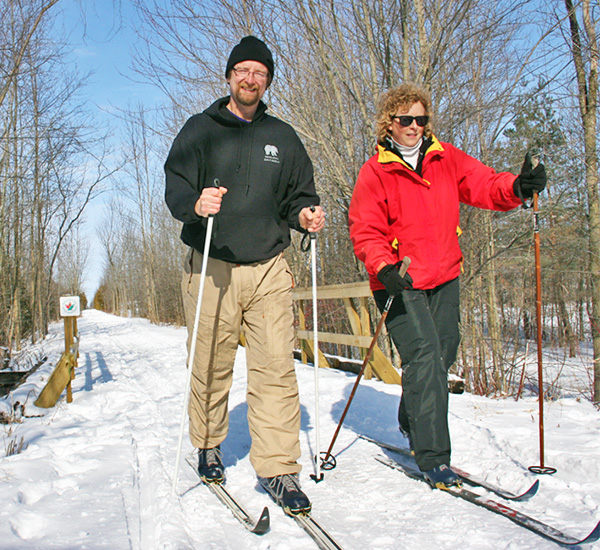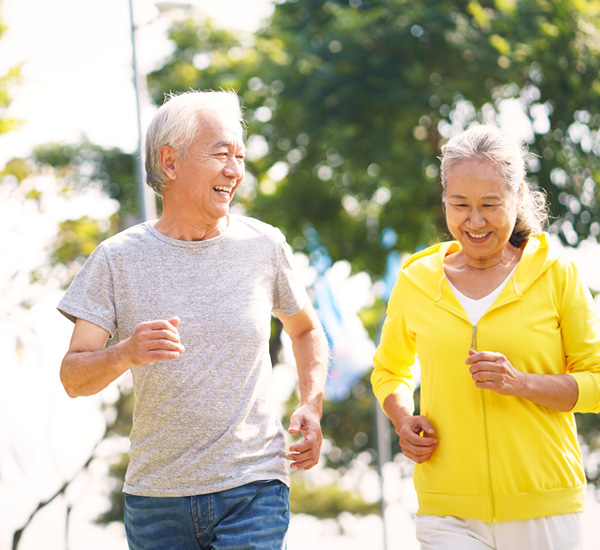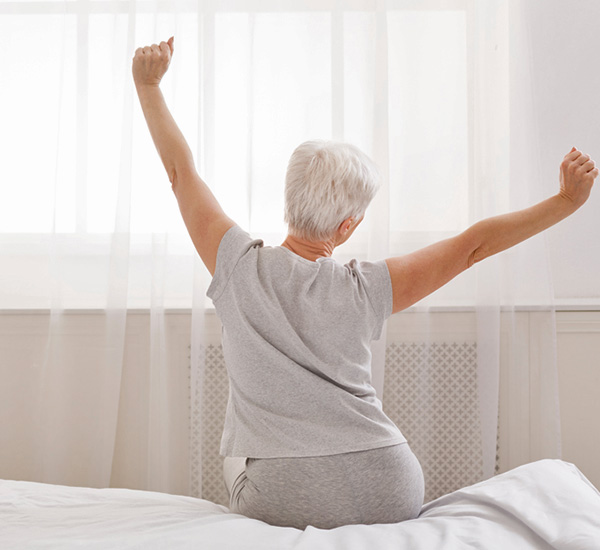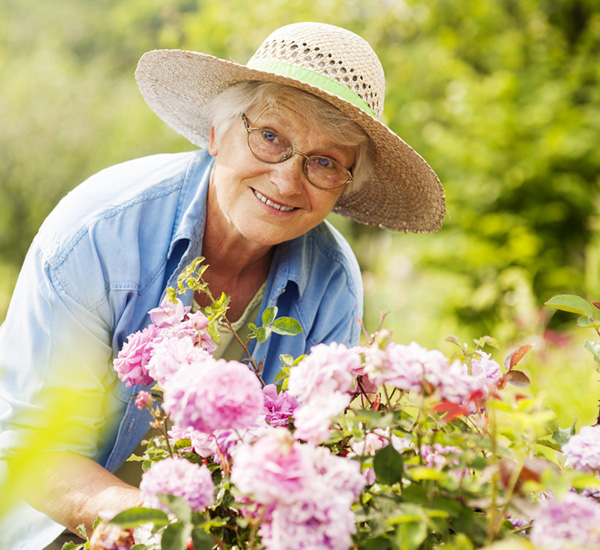Benefits of Outdoor Activity for Seniors
As an older adult, regular physical activity is one of the most important things you can do for your health, well-being and quality of life. In addition to this, studies have shown that simply being in nature has a dramatic effect on the body, mind, and spirit. Combined, outdoor physical activity may be one of the most important things you can do for improving and maintaining your overall physical health and mental well-being.
Outdoor group activities also give us an opportunity to connect with others. Getting outside, especially in public spaces, helps us see friends, neighbours and meet other people with similar interests.
Regular daily activity can reduce or prevent many of the health issues that are common with age. Being active improves our balance, reduces falls and injuries, aids in prolonging independence, and has been shown to help prevent heart disease, stroke, osteoporosis, type-2 diabetes, some cancers and premature death.
Let’s look closer at some of the benefits of outdoor activity in nature for seniors.
Tips to Get Active

Take part in at least 2.5 hours of moderate to vigorous intensity aerobic activity each week.

Spread out the activities into sessions of 10 minutes or more.

Adding muscle and bone strengthening activities at least twice a week will help your posture and balance.
What is moderate aerobic activity?
Moderate intensity aerobic activity makes you breathe harder and your heart beat faster. You should be able to talk, but not sing.
Examples of moderate activity include walking quickly or bike riding.
What is vigorous aerobic activity?
Vigorous-intensity aerobic activity makes your heart rate increase quite a bit and you won’t be able to say more than a few words without needing to catch your breath.
Examples of vigorous activity include jogging or cross-country skiing.
What are strengthening activities?
Muscle-strengthening activities build up your muscles. With bone-strengthening activities, your muscles push and pull against your bones. This helps make your bones stronger.
Examples of muscle-strengthening activities include climbing stairs, digging in the garden, lifting weights, push-ups and curl-ups.
Examples of bone-strengthening activities include yoga, walking and running.
Sources:
- www.canada.ca/en/public-health/services/publications/healthy-living/physical-activity-tips-older-adults-65-years-older
- eldercarealliance.org/blog/seniors-benefit-spending-time-outdoors
- www.sciencedaily.com/releases/2011/02/110204130607
- www.sleepfoundation.org/aging-and-sleep
- www.realsimple.com/health/preventative-health/reasons-to-spend-time-outside#walking-boosts-creativity-and-concentration
LOCAL RESOURCES
City of Kawartha Lakes
Activities and Recreation
Community Living Kawartha Lakes
Events Calendar
Latest News
Community Care (CCCKL)
Exercise for Seniors - SAGES
Lindsay Seniors Association
Activities
Places to Visit
Gamiing Nature Centre
Kawartha Settlers Village
Salem Alpacas Farm
Clubs
Ganaraska Hiking Association
Kawartha Cycling Club
Kawartha Lakes Radio Control Flying Club
Lindsay Lawn Bowling Club
Garden Nurseries
Rosepark Landscaping
Rockwood Forest Nurseries
Gary’s Garden Centre
Anna’s Perennials Nursery and Garden
Grow Wild Native Plants
Rural Roots Gardens
Greenside Up
OTHER RESOURCES
Ontario Ministry for Seniors and Accessibility
Ontario Seniors Active Living Centres
Seniors: Stay Healthy and Active
Participaction
24-Hour Movement Guidelines for Adults: Ages 65+
Government of Canada
Physical Activity Tips for Older Adults (65 years and older)
A Common Vision for Increasing Physical Activity and Reducing Sedentary Living in Canada: Let’s Get Moving
Canadian Society for Exercise Physiology
Canadian 24-Hour Movement Guidelines for Adults ages 65 years and older
RetireGuide
Exercise for Seniors
Senior Lifestyle
Infographic: Top 10 Chair Yoga Positions for Seniors

